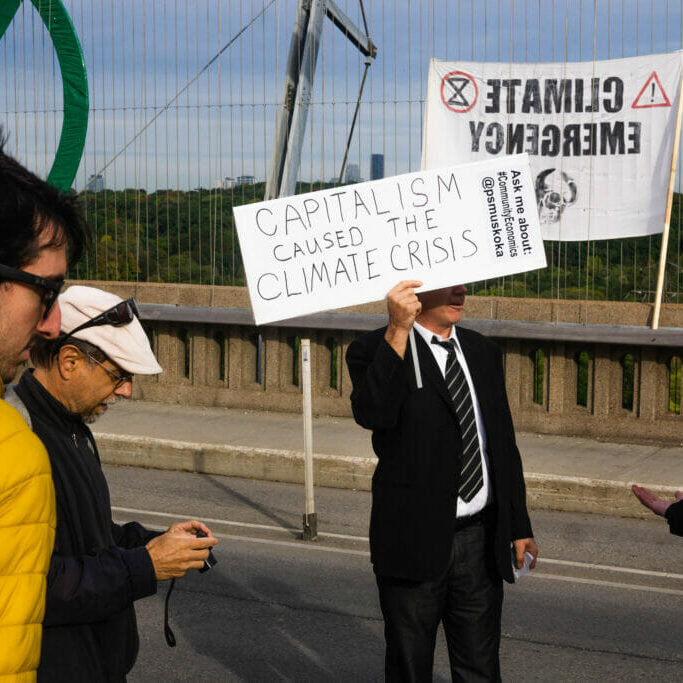
Changing climate crisis terminology changes minds
The importance of accuracy in short form terminology
In the 2010s, we stopped referring to the ongoing climate crisis as “global warming” and the change has proven how impactful terminology can be in the way we perceive our world.
The language we use to explain science, especially life-changing science like climate change, influences the way society acts on it.
When I was in elementary school, they taught us about “global warming.” Now, kids are taught about the “climate crisis.” Looking back on my understanding of global warming at the time, I realize how different that terminology made me feel about the issue.
Global warming sounded like a sweater you could shrug off. What’s wrong with being warm?
The explanation of global warming had less impact on me than I care to admit. I now see that the terminology we used back then played a large part in this.
Short form scientific terms need to speak volumes
It sometimes feels like the terminology we use in science is shorthand. To make topical conversations shorter and more palatable. I disagree wholeheartedly with this idea.
The language we learn affects how we visualize the concepts being learned. When we use fewer words to describe science, the accuracy of those words is exponentially more important to our understanding. For me, this is especially true describing an idea as broad as climate change.
By this logic, choosing the right terminology for an issue is just as important — if not more so – than appropriately explaining the issue itself.
My belief in the importance of terminology accuracy comes from my youthful experiences learning about “global warming.” The issue felt different to me because it sounded so different, given its terminology then.
The solution seems simple now but coming up with a term for something as broad in scope and as urgent as the climate crisis is a difficult task.
Change our words, change our minds
Proponents behind the evolution of climate change terminology, activists like Al Gore and Greta Thunberg, had no choice but to engage with the flawed language previously used.
They began engaging society with the many problems our language has inaccurately portrayed. Problems like ongoing changes in our global climate outside of rising temperatures.
In response, the united effort of those hoping to change the imprecise terminology plaguing this issue is many-layered. Several terms have been proposed to describe different aspects of the climate crisis.
Scientists and activists still use the term “global warming” to speak specifically to the impacts of the greenhouse gas effect, and “climate change” to refer to the runaway heating of the planet.
I find the 2019 report by the Guardian on climate language a helpful guide for understanding the important distinctions between different climate-crisis-related terms.
I see our changes in climate terminology as a massive success. The term “climate crisis” conveys the urgency of the issue in a way I didn’t understand when I was taught about “global warming” in school.
This attention to terminology acknowledges the imperfections of human understanding. In a perfect world, maybe we would all see through the words used, and see climate change for what it is. But it’s a natural inclination to make judgments based on what we see, and often what we see first is the terminology of scientific changes, not what those changes represent.
Are we in denial?
To me, the choice to evolve terminology for the climate crisis makes sense. I think for many, though, this change runs up against an inherent devotion to maintain the status quo, for simplicity’s sake.
I believe climate science deniers use the confusion around climate terminology changes to spread distrust in the sciences for their gain.
Failing to change our language, however, would be more confusing. These changes have made our scientific language more accurate. By embracing terms like, “climate crisis,” we see the issue more accurately. It’s not just a warming of the planet due to greenhouse gases. It’s an ongoing change in our climate, and it’s causing environmental impacts around the world.
It might be difficult to change terminology we’ve become familiar with because we’ve come to rely on them. It’s, for this reason, we should be more aware of the language we use. The effect of speaking precisely about the climate crisis, down to its basic terminology, has been the most powerful tool in spreading awareness of it.
Meeting an issue with language that speaks best to its character shows respect for the issue and the people working on it.






